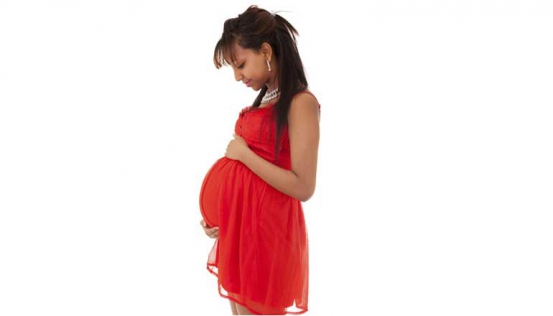
Most pregnant Nairobi women suffer from malnutrition, a new research has found.
The research by the Kenya Medical Research Institute (KEMRI) found that women are lacking important nutrients that should help in growth of strong, healthy babies.
They are apparently not eating enough omena, sukuma wiki, beans, fruits, yoghurt and avocado.
Seemingly, the new generation of mothers are slaughtering healthy living at the altar of junk foods.
The study found that expectant women in Kenya’s capital were suffering from micro-nutrient deficiencies which is causing a major public health concern.
Interestingly, these foods are readily available in most Nairobi markets like Korogocho, Marikiti, Gikomba, Kawangware and Ndunyu.
The research was conducted by KEMRI’s Centre for Public Health Research on the status of knowledge about Iron, zinc, Vitamins A and D, as well as dietary practices among pregnant women.
The research conducted by Dr Elizabeth Echoka, Dr Lydia Kaduka and Richard Mutisya suggests that more needs to be done to prevent and treat deficiencies and dietary needs of households.
The level of deficiencies in micro-nutrient in relation to food consumption patterns among pregnant women worrying.
Malnutrition among pregnant women leads to increased risk of diminished pregnancy outcomes like obstructed labour, pre-term birth or low-birth weight of babies.
It also contributes to cases of severe bleeding after birth.
Lack of sufficient iron leads to anaemia which is linked to increased death of women in labour, while low-birth weight contributes significantly to child deaths.
On the same note, children with low-birth weights who survive are likely to experience stunted growth and illnesses throughout childhood, adolescence, at times even into adulthood.
 The Standard Group Plc is a multi-media organization with investments in media
platforms spanning newspaper print
operations, television, radio broadcasting, digital and online services. The
Standard Group is recognized as a
leading multi-media house in Kenya with a key influence in matters of national and
international interest.
The Standard Group Plc is a multi-media organization with investments in media
platforms spanning newspaper print
operations, television, radio broadcasting, digital and online services. The
Standard Group is recognized as a
leading multi-media house in Kenya with a key influence in matters of national and
international interest.



